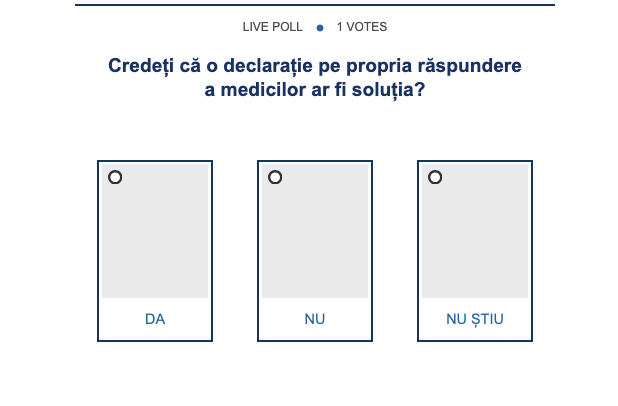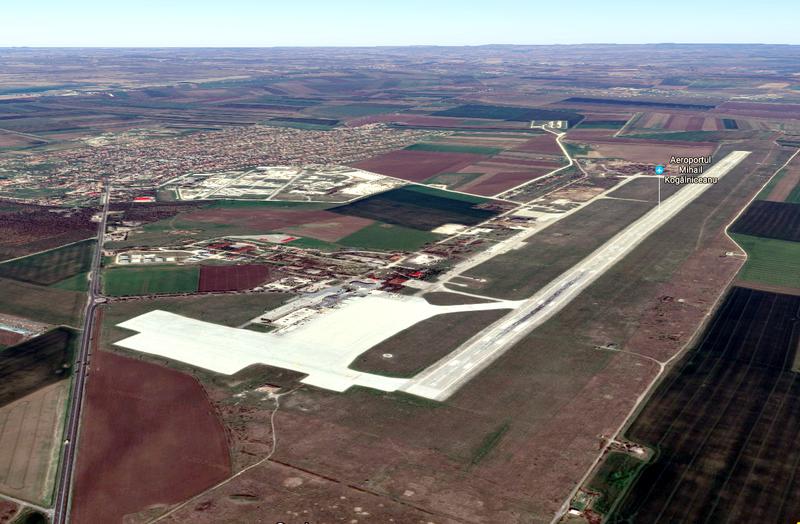Romania did not show sufficient political commitment to support and provide direction to the reform process, the main conclusions of the report reads. Moreover, the judiciary was unwilling to cooperate and take responsibility for the sector reforms. Nonetheless, the report notes the civil and criminal procedure codes adoption as a "major legislative reform".
Achievements
- judicial reform showed important progress through the adoption of the civil and criminal procedural codes
- magistrations and associations involved actively in the reform process
- the multiannual strategy for the development of justice was published
- a Small Reforms Law draft was sketched, in an aim to speed up judicial procedures
- anti-graft prosecutors continue to show a good, stable track record in the investigation of high level corruption
- the National Integrity Agency ANI improved its track record and is seen as an important partner in preventing and sanctioning corruption acts
- most of the Commission's recommendations in countering corruption were addressed
Shortcomings
- the efficiency of the judicial process was not improved - this is the fundamental weakness of the Romanian judicial system and the Commission's recommendations in July 2009 were only partly addressed
- a coordinated anti-corruption policy across difference government sectors is still missing
- the new law regulating ANI undermines the process for effective verification, sanctioning and forfeiture of unjustified assets
- even though Romania adopted the procedure codes, it has achieved little effective progress since July 2009 on the three judicial reform indicators: efficiency of procedures, consistency of jurisprudence and accountability of the judiciary
The Commission's recommendations:
judicial reform
- launch an independent performance review of the judicial system and carry the necessary structural adjustments
- ensure a legal transition to a new Superiod Council of Magistracy
- increase the capacity of the National Institute of the Magistracy for continous training and take steps to guarantee profesional standards of all new magistrates
- revise the competencies of the High Court of Cassation and Justice and reduce its competencies
- reform the discriplinary system: adapt sanctions and take steps to ensure they are implemented
the fight against corruption
- correct the ANI law in line with Romania's commitments upon EU's accession to ensure that ANI can prevent and sanction corruption acts and correct procedural deficiencies identified in the new law; promote the development of the agency
- continue monitoring the consistency of sactions applied by courts in high level corruptioon cases
- strenghten the anti-corruption policy and ensure the implementation of the new criminal code and criminal procedure code
- consider to eliminate those senior civil servants and elected representatives that benefit directly or indirectly from commercial contracts signed in the name of their institution
- evaluate the effeciency of the authorities overseeing the implementation of public procurement legislation




















